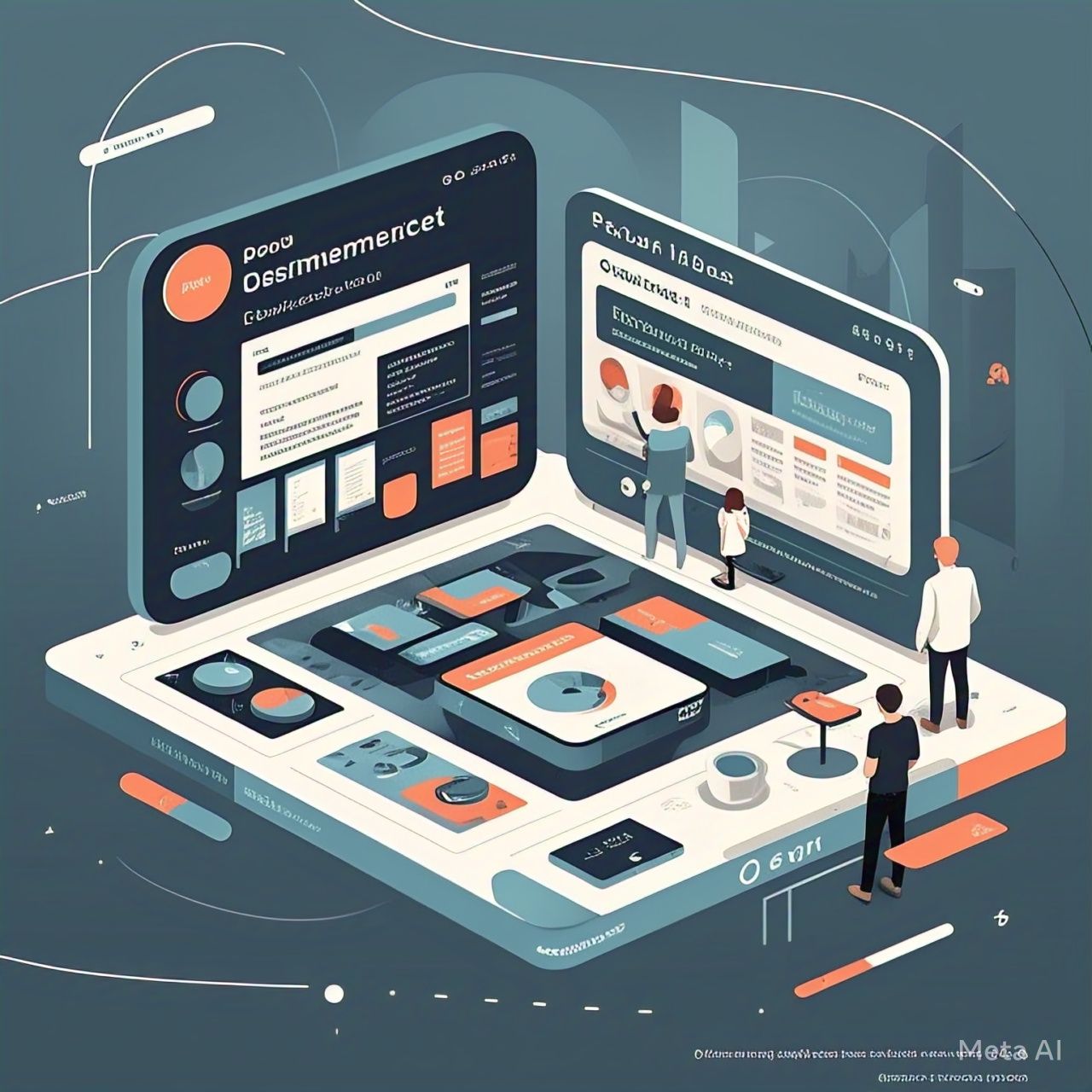Table of Contents
- Introduction
- Understanding Web Scraping
- Legal vs. Illegal Web Scraping
- The Fine Line Between Scraping and Hacking
- Notable Legal Cases on Web Scraping and Hacking
- Ethical Web Scraping Practices
- How to Avoid Legal and Ethical Issues
- FAQs
- Conclusion
1. Introduction
Web scraping is a powerful tool used for data collection across various industries. However, its legality and ethics remain a topic of debate. Some forms of web scraping are entirely legal, while others border on hacking, especially when they involve bypassing security measures. This article explores the gray areas of web scraping, highlighting when it crosses the line into hacking and what users can do to stay compliant.
2. Understanding Web Scraping
Web scraping is an automated process of extracting data from websites. It involves using scripts or software to retrieve structured information from web pages. Common uses include:
- Price monitoring for e-commerce
- Market research
- Competitive analysis
- News aggregation
- Sentiment analysis for brands
While many companies rely on scraping for legitimate purposes, the method used determines its legality.
3. Legal vs. Illegal Web Scraping
The legality of web scraping depends on several factors:
Legal Web Scraping
✅ Scraping publicly available data without violating terms of service. ✅ Following the robots.txt file directives. ✅ Using APIs instead of direct scraping when available. ✅ Avoiding the collection of personal, copyrighted, or sensitive data.
Illegal or Questionable Web Scraping
❌ Scraping data that is behind login forms or paywalls. ❌ Ignoring robots.txt or bypassing anti-scraping technologies. ❌ Collecting personal information without user consent (violates GDPR, CCPA). ❌ Overloading servers with excessive scraping (denial-of-service risk).
4. The Fine Line Between Scraping and Hacking
When does web scraping become hacking? According to the Computer Fraud and Abuse Act (CFAA) in the U.S., hacking involves unauthorized access to a computer system. Here’s how scraping can cross that line:
Actions That May Be Considered Hacking
- Bypassing CAPTCHA or IP blocks to continue scraping.
- Using fake accounts or login credentials to access restricted data.
- Automating logins to scrape user-specific content.
- Scraping sites at a rate that causes service disruptions.
Technical Indicators of Hacking
| Indicator | Legal Scraping? | Hacking? |
|---|---|---|
Respecting robots.txt | ✅ Yes | ❌ No |
| Using official APIs | ✅ Yes | ❌ No |
| Bypassing CAPTCHA | ❌ No | ✅ Yes |
| Creating fake accounts | ❌ No | ✅ Yes |
| Scraping personal user data | ❌ No | ✅ Yes |
5. Notable Legal Cases on Web Scraping and Hacking
Several landmark cases highlight the legal implications of web scraping:
HiQ Labs v. LinkedIn (2017–2022)
- Issue: HiQ Labs scraped public LinkedIn profiles for analytics. LinkedIn attempted to block them, citing CFAA violations.
- Ruling: The court ruled in favor of HiQ, stating that publicly available data can be legally scraped.
Facebook v. Power Ventures (2009)
- Issue: Power Ventures bypassed Facebook’s login security to access user data.
- Ruling: Courts deemed this a CFAA violation, ruling that circumvention of security barriers constitutes unauthorized access.
eBay v. Bidder’s Edge (2000)
- Issue: Bidder’s Edge scraped eBay’s listings without permission, causing server overload.
- Ruling: Courts ruled that excessive scraping could be considered trespassing on digital property.
6. Ethical Web Scraping Practices
To avoid falling into the hacking category, follow these best practices:
- Check website policies before scraping.
- Use APIs when available.
- Respect
robots.txtguidelines. - Do not scrape user personal data.
- Avoid excessive scraping that affects website performance.
7. How to Avoid Legal and Ethical Issues
| Best Practice | Why It Matters |
| Use official APIs | Ensures compliance with data policies |
Follow robots.txt | Shows respect for website scraping rules |
| Do not scrape login-restricted data | Prevents unauthorized access claims |
| Avoid high-frequency scraping | Reduces the risk of IP bans and legal issues |
| Seek permission when possible | Encourages ethical data collection |
8. FAQs
Q1: Is web scraping illegal?
A: No, web scraping is not inherently illegal, but it depends on what you scrape and how you do it. Scraping public data is generally legal, but scraping restricted, private, or copyrighted data can lead to legal action.
Q2: Can bypassing CAPTCHA be considered hacking?
A: Yes. Bypassing CAPTCHA is a form of circumventing security measures, which can be classified as unauthorized access under CFAA.
Q3: How can I scrape data legally?
A: Follow robots.txt, use APIs when available, avoid scraping personal or copyrighted data, and seek permission if necessary.
Q4: What happens if a website blocks my scraper?
A: Websites have the right to block scrapers. If blocked, do not attempt to bypass protections—instead, seek alternative data collection methods.
Q5: Can I scrape data from social media platforms?
A: Most social media platforms explicitly prohibit scraping in their terms of service. Scraping user data without permission may also violate privacy laws like GDPR.
9. Conclusion
Web scraping is a powerful tool that, when used responsibly, provides immense value for businesses and researchers. However, the fine line between legal scraping and hacking must be respected. By adhering to ethical and legal guidelines, businesses can leverage web scraping without facing legal repercussions. As web regulations evolve, it is crucial for developers and companies to stay informed on best practices and legal compliance.





